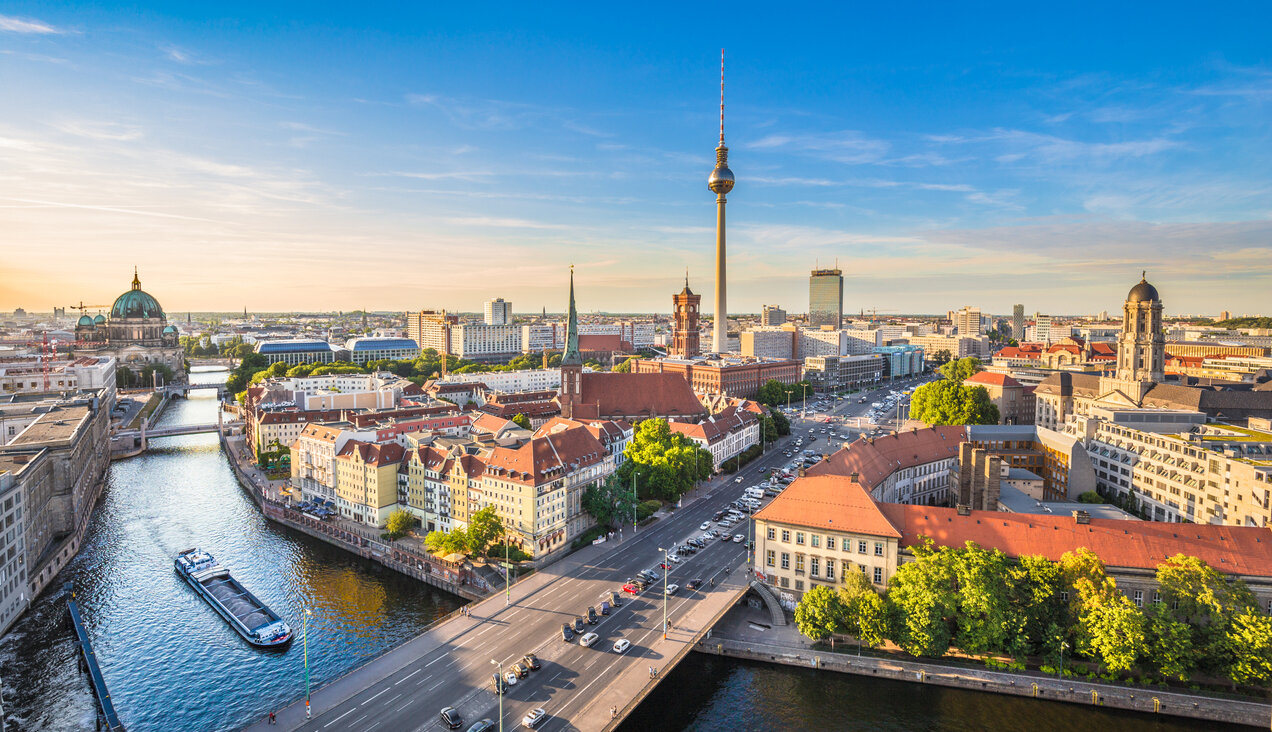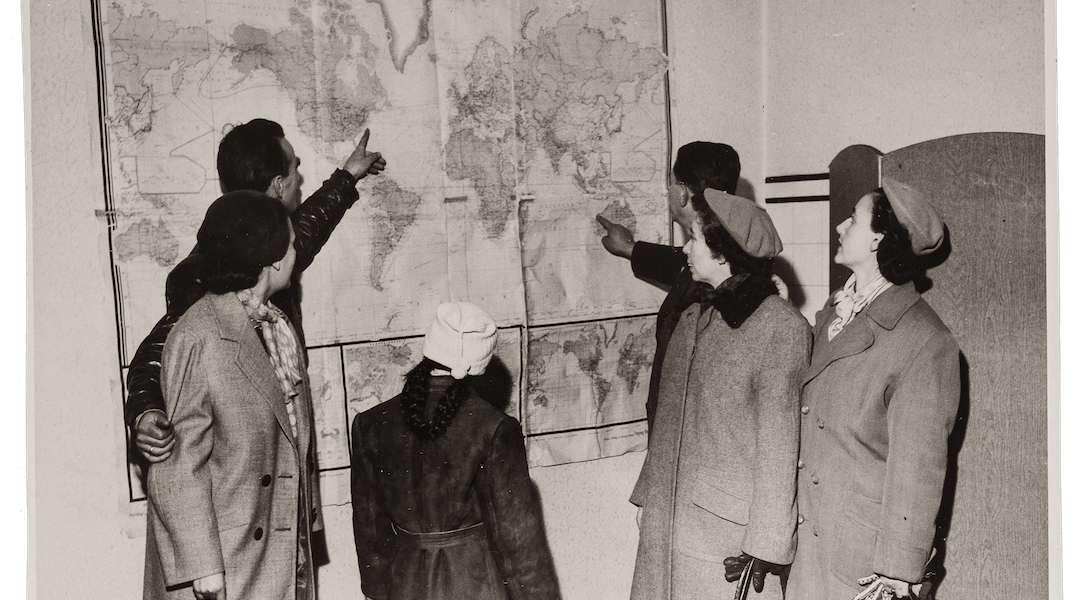Israeli Segregated School Affair: Protestors Meet Parents On Their Way to Jail
Thirty five men, fathers to Ashkenazi girls attending an illegally segregated school in the West Bank settlement of Immanuel, arrived at the Ma’asiyahu prison Thursday evening to serve a two-week sentence.
Parents of European, or Ashkenazi, descent at the all girls’ school don’t want their daughters to study with schoolgirls of Mideast and North African descent, known as Sephardim.
The Ashkenazi parents insist they aren’t racist, but want to keep the classrooms segregated, as they have been for years, arguing that the families of the Sephardi girls aren’t religious enough.
The Supreme Court rejected that argument, and ruled that the 43 sets of parents who have defied the integration efforts by keeping their daughters from school were to be jailed on Thursday.
However, two of the fathers and 22 of the mothers failed to show up at the police headquarters in Jerusalem’s Russian Compound, despite the court’s instructions. The parents were required to return their daughters to school and refrain from discrimination, or face jail time.
Dozens of ultra-Orthodox protesters awaited the fathers at the prison, held a prayer and sang songs while the bus entered the prison gates. This after 100,000 ultra-Orthodox demonstrators thronged the Jerusalem streets earlier in the day in support of the Ashkenazi parents’ right to keep their children in classes segregated from their Sephardi peers, welcoming the parents as they arrived at the police headquarters. It was one of the largest ultra-Orthodox demonstrations in recent years.
Police commissioner David Cohen said at a police meeting aimed at evaluating the situation that “the ultra-Orthodox public and its leaders have proven, thus far, that it is possible to protest while abiding by the law. I hope that the restraint that we saw today will characterize all of the confrontations between the police and the haredi public, and other groups, of which we’ve had quite of few lately.”
When the parents arrived at the Russian Compound earlier Thursday, one of the fathers said “I am going to jail with great excitement and joy over the support we’ve received,”
“We are making sure our children get the best education possible,” he added.
When asked what will become of his children while he is jail, the father said “We have gotten calls from friends we forgot existed in recent days. Everyone had offered to take care of our children while we are serving our terms. The people of Israel are beginning to understand that even though we are different, we are not so bad. We’re not racist.”
Earlier Thursday, protesters snarled traffic in Jerusalem and Bnei Brak, near Tel Aviv, crowding onto balconies in city squares, waving posters decrying the court’s decision and proclaiming the supremacy of religious law.
According to Israel Radio, some of the Ashkenazi protesters attempted during the rally to attack Sephardi Rabbi Ya’akov Yosef, son of Shas spiritual leader Rabbi Ovadia Yosef and a leading figure against the discrimination. Yosef’s students managed to guard their teacher, who had also been subject to an attempted attack during protests on Wednesday evening.
The court has permitted the parents to defer the jail term of one of the parents until the other parent completes their term so that their children will not remain unsupervised. The court has also exempted the mothers of children with special needs. The prison term of one mother, who signed an agreement to comply with the court’s ruling, has been overturned.
The protest in Bnei Brak began at 1 P.M. and ended just before 3 P.M. The protesters then began accompanying the bus that would bring the parents to the police headquarters in Jerusalem, to join forces with the thousands of people rallying there.
Dozens of the pro-segregation parents were to stand on the pedestrian bridge over Jerusalem’s Bar Ilan Street wearing signs saying “prisoner sanctifying the name of heaven.” Police had issued permits for 20,000 people to demonstrate in Jerusalem.
Heads of yeshivas and schools were urged by leading Ashkenazi rabbis to cancel classes Thursday so students could attend the protest.
The parents were ordered to arrive at the Jerusalem police headquarters in the Russian Compound at 5 P.M. on Thursday to begin carrying out their prison terms, after police asked the court to postpone the commencement.
The court had initially scheduled the sentencing to begin at 12 P.M. and then pushed it off to 1 P.M., before agreeing to the police request.
The 43 families of the Ashkenazi girls seemed elated Wednesday by the prospect of their impending arrest and two-week jail term, which some called “a historic stand for the sanctification of the name of heaven.”
A leading spokesman of Israel’s modern Orthodox stream on Thursday urged religious Zionists not to take part in the mass protests, regardless of the political price they may pay in the future for refusing to support the movement.
“I cannot take part in the racism and discrimination that is taking place, which is just the tip of the iceberg,” said Rabbi Yuval Sherlo, who heads the joint army-yeshiva program in Petah Tikva.
Religious Zionism must “return to its historic role” and bring both sides to a compromise. “It’s impossible to claim that this is Jewish law or that it is sanctifying the name of God,” he said.
Ads appeared in newspapers on Thursday will call on people to avoid violence. Yerah Tocker, a spokesman for the protest, said “avoiding violence is one of the main emphases of the organizers.”
“We want to protest the High Court ruling and declare that for all of us, in light of the ruling, Torah comes first,” he said.
Despite the pledges of non-violence, police deployed in large numbers in Jerusalem, Bnei Brak, Beit Shemesh, Immanuel and near Ma’asiyahu prison where the fathers of the girls were eventually taken, and Neveh Tirza Prison, where the mothers were expected to go.
Police also called on drivers to avoid the area of the demonstrations in Jerusalem on Yermiyahu, Bar Ilan, Shmuel Hanavi and Hanevi’im streets, and in the Russian Compound.
The Courts Administration on Wednesday beefed up security around Supreme Court Justice Edmond Levy, who headed the panel that ruled against the segregation. Levy, who wrote the sole dissent from the anti-segregation ruling, came out strongly against parents seeking rabbinic advice on the ruling. “No ruling of a court in general, or the High Court in particular, requires the authorization of any person, not even halakhic (Jewish law ) authority,” Levy said.
Deputy Health Minister Yaakov Litzman came out against Levy on Thursday afternoon, saying that he wasn’t convinced that the ruling wasn’t tainted by personal considerations.
Litzman, who arrived at the Russian Compound to show solidarity with the Immanuel parents, said that he respects the High Court of Justice and abides by its rulings when it comes to the operations within the Health Ministry, but that “if the court should require of me to perform actions that conflict with the Torah or Halakha (Jewish law), I would resign rather than do those things.”















